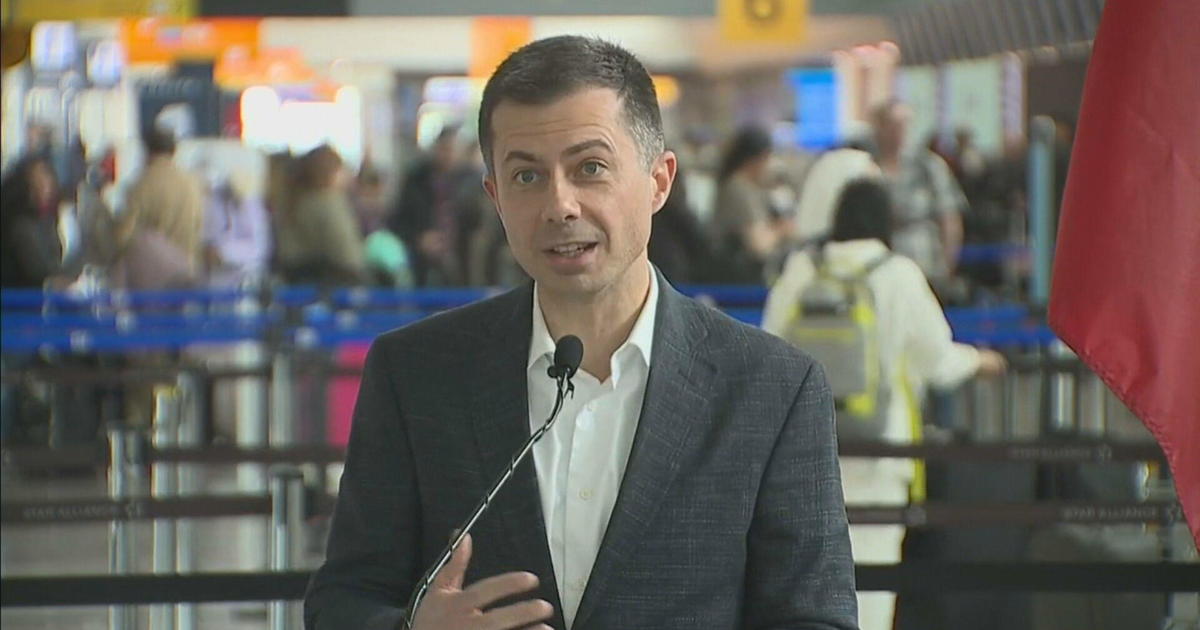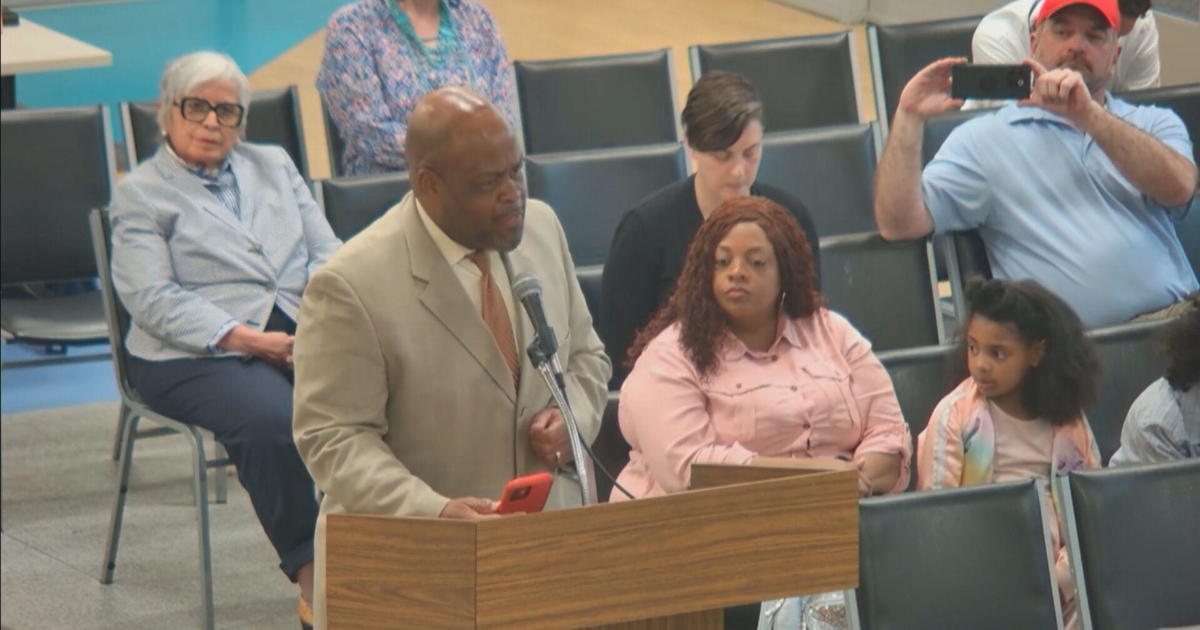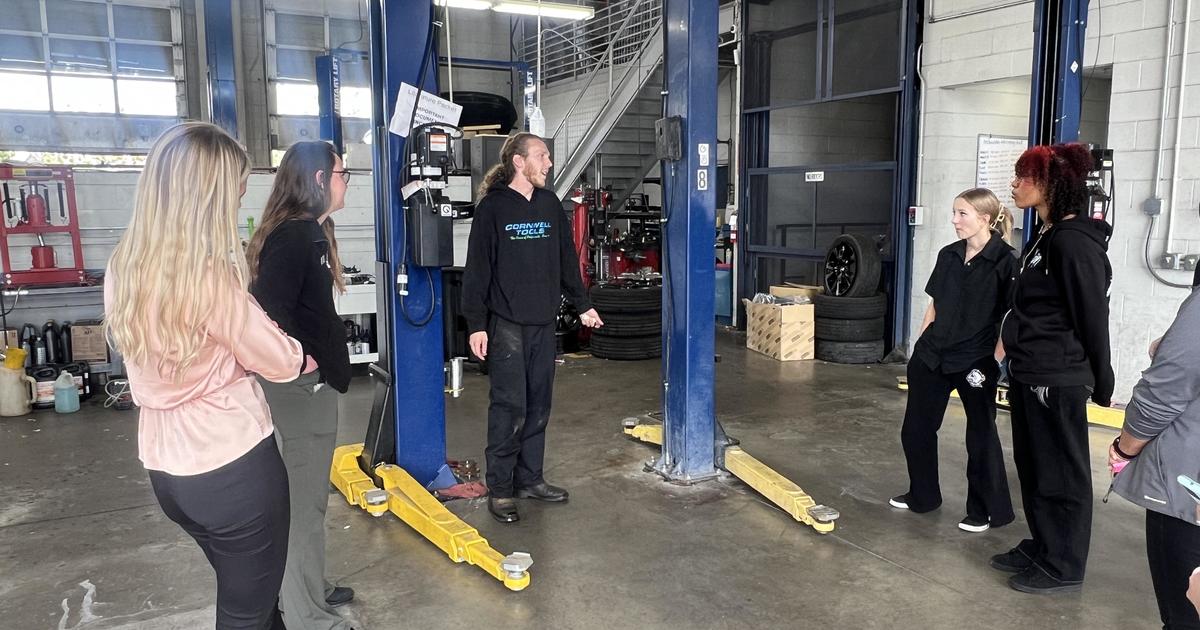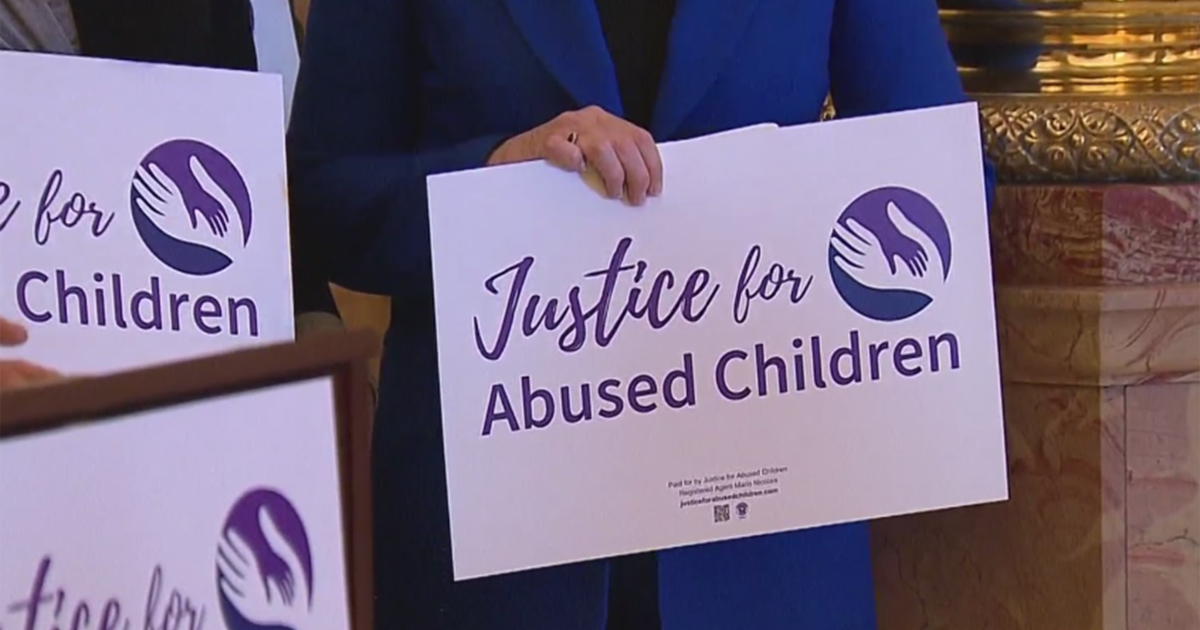Ward Churchill Loses Appeal To Win Back CU Job
DENVER (AP) - The attorney for a former University of Colorado professor who lost his appeal to get his job back after he compared some Sept. 11 victims with a Nazi said Monday he will appeal to the U.S. Supreme Court after the Colorado Supreme Court ruled university officials qualified for immunity.
Churchill attorney David Lane said the appeal will be over claims that Ward Churchill's free speech rights were violated.
"The court never said his First Amendment rights were not violated. They simply said the regents are above the law, which is a dangerous precedent," Lane said.
Ken McConnellogue, a CU system spokesman, said the ruling was a victory for faculty members who follow the rules.
"The university's priority has been to uphold the standards of academic integrity, and this decision is a win for all of the faculty," McConnellogue said.
The Colorado high court said lower courts were right when they directed a verdict in favor of the university and to find that the university was entitled to "quasi-judicial immunity," allowing the Board of Regents to act as judges with final say in the case against Churchill.
His termination in 2007 came after an essay he wrote describing some victims of the Sept. 11, 2001, terrorist attacks as "little Eichmanns," a reference to Adolf Eichmann, the Nazi leader who helped orchestrate the Holocaust.
In its ruling, the Colorado Supreme Court said Churchill had five opportunities to present his own witnesses, cross-examine opposing witnesses and argue his case before the board following allegations Churchill plagiarized some of his academic writings, fabricated evidence and violated the university's academic standards.
"Although we are mindful that a full-fledged, years-long investigation into a professor's academic record taken in bad faith could chill the continued exercise of free speech, we conclude that the federal case law in this area is too unsettled to defeat the regents' claim of qualified immunity," the state Supreme Court judges ruled.
A civil jury in 2009 found the school unlawfully fired Churchill but awarded him only $1 in damages. However, a Denver District judge set aside the verdict and said university regents, who are elected, are a "quasi-judicial" panel with immunity from the lawsuit.
Lane said the civil verdict was not about the damages but whether Churchill should get his job back with back pay.
- By Steven K. Paulson, AP Writer
(© Copyright 2012 The Associated Press. All Rights Reserved. This material may not be published, broadcast, rewritten or redistributed.)



